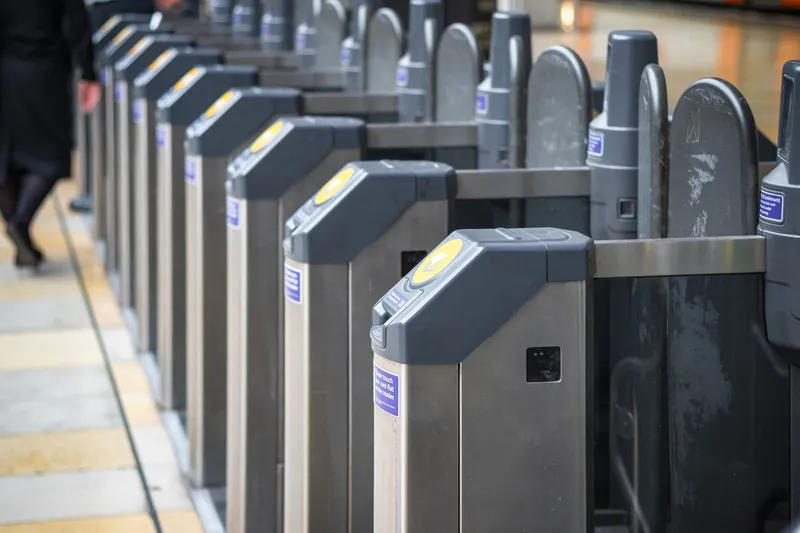Ecall’s system sends an automatic emergency call to the relevant public safety control centre when an in-vehicle sensor detects a serious collision. The notification includes the vehicle’s location, number of passengers and fuel type to enable emergency services to respond more efficiently. It also establishes a voice connection with the vehicle to help rescue organisations assess the situation better.
The eCall functionality is a functional module of the NGS3600 product suite which can be implemented to the ongoing operations of a public safety answering point. It is an integrative system platform for the operation of emergency and conventional telephone calls, analogue radio channels, and digital voice groups and voice signals from a variety of different media. The media and services aim to complement the traditional information channels of the emergency call services, the fire, police and rescue radio communications, and other sources to provide quick and secure handling by the staff.
Public safety answering points are also being prepared for eCall which have been or are in the process of being equipped by SSISS.
Central des Secours d' Urgency du 112, the public safety control centre, is already using the technology which will become mandatory for emergency service organisations throughout the EU in the future.
Luxembourg receives EU certification for automatic emergency call system
Luxembourg has become an eCall-certified EU member state following a delivery of Trabag Infrastructure & Safety Solutions' (SSISS) communication management platform to Grand Duchy of Luxembourg. The GS3600 offers eCall functionality to emergency and fire response services which will be required in all new cars from 2018.
November 30, 2017
Read time: 2 mins
Luxembourg has become an eCall-certified EU member state following a delivery of Trabag Infrastructure & Safety Solutions' (SSISS) communication management platform to Grand Duchy of Luxembourg. The GS3600 offers eCall functionality to emergency and fire response services which will be required in all new cars from 2018.










